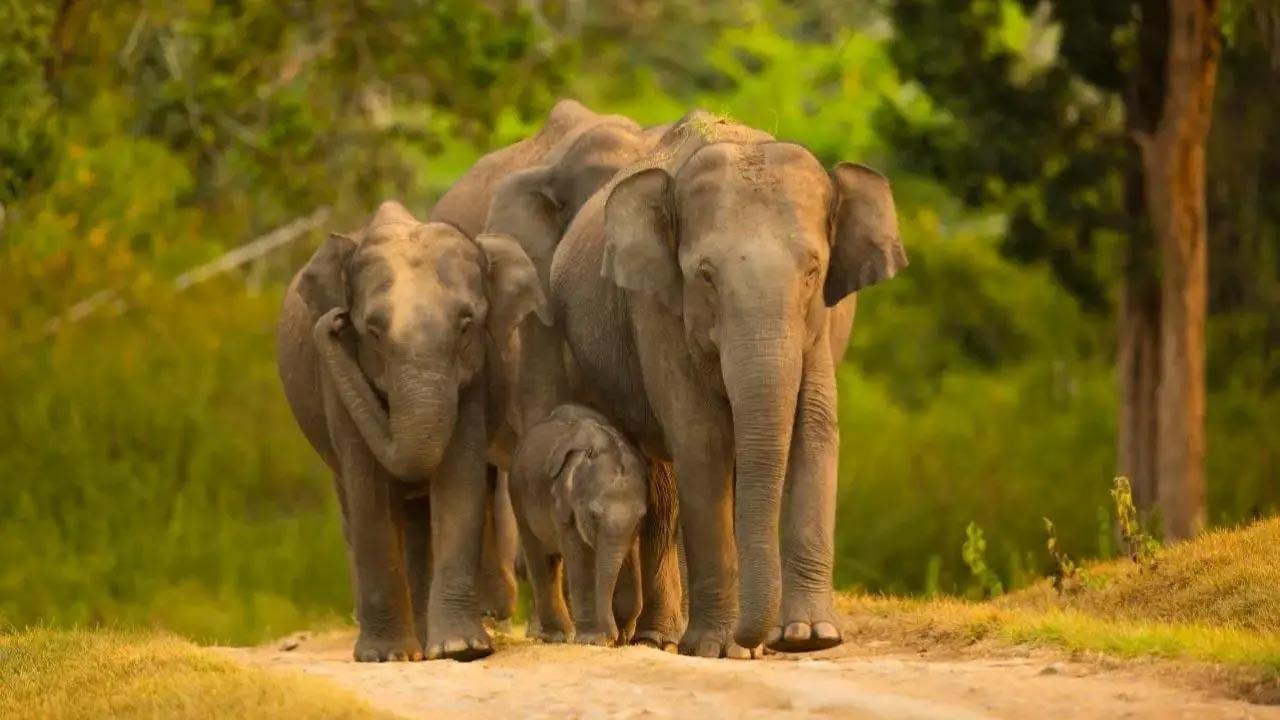Home / News / India News / Article /
Odisha Elephant Census finds marginal rise in jumbo population in state
Updated On: 12 August, 2024 10:54 AM IST | Bhubaneswar | IANS
"This may be due to overall change in movement patterns of the elephants in the state for their foraging and change in land use patterns," the report claims

Representational Image. Pic Courtesy/iStock
Odisha has witnessed a marginal increase in the population of elephants during the last seven years, as per the All Odisha Elephant Census-2024 report released on Wednesday.
"Total 2,098 numbers of elephants were counted in 38 Forest Divisions. This includes 313 adult tuskers, 13 adult makhna, 748 adult females, 148 sub-adult males, 282 sub-adult females, 209 juveniles and 385 calves. There was no presence of elephants in 13 Divisions," the report, by the State Wildlife Organisation, which comes under the Odisha Forest Department, said.



